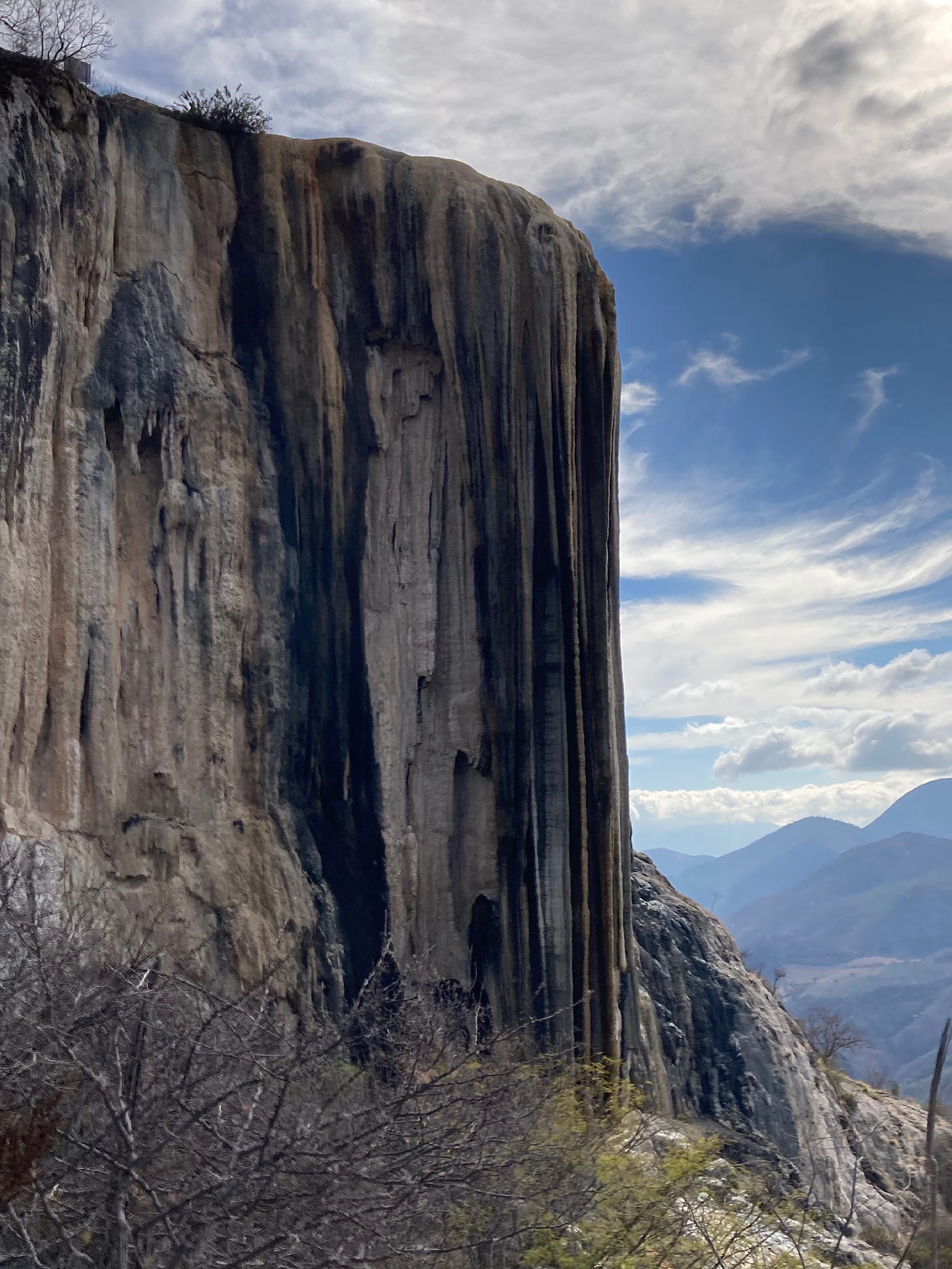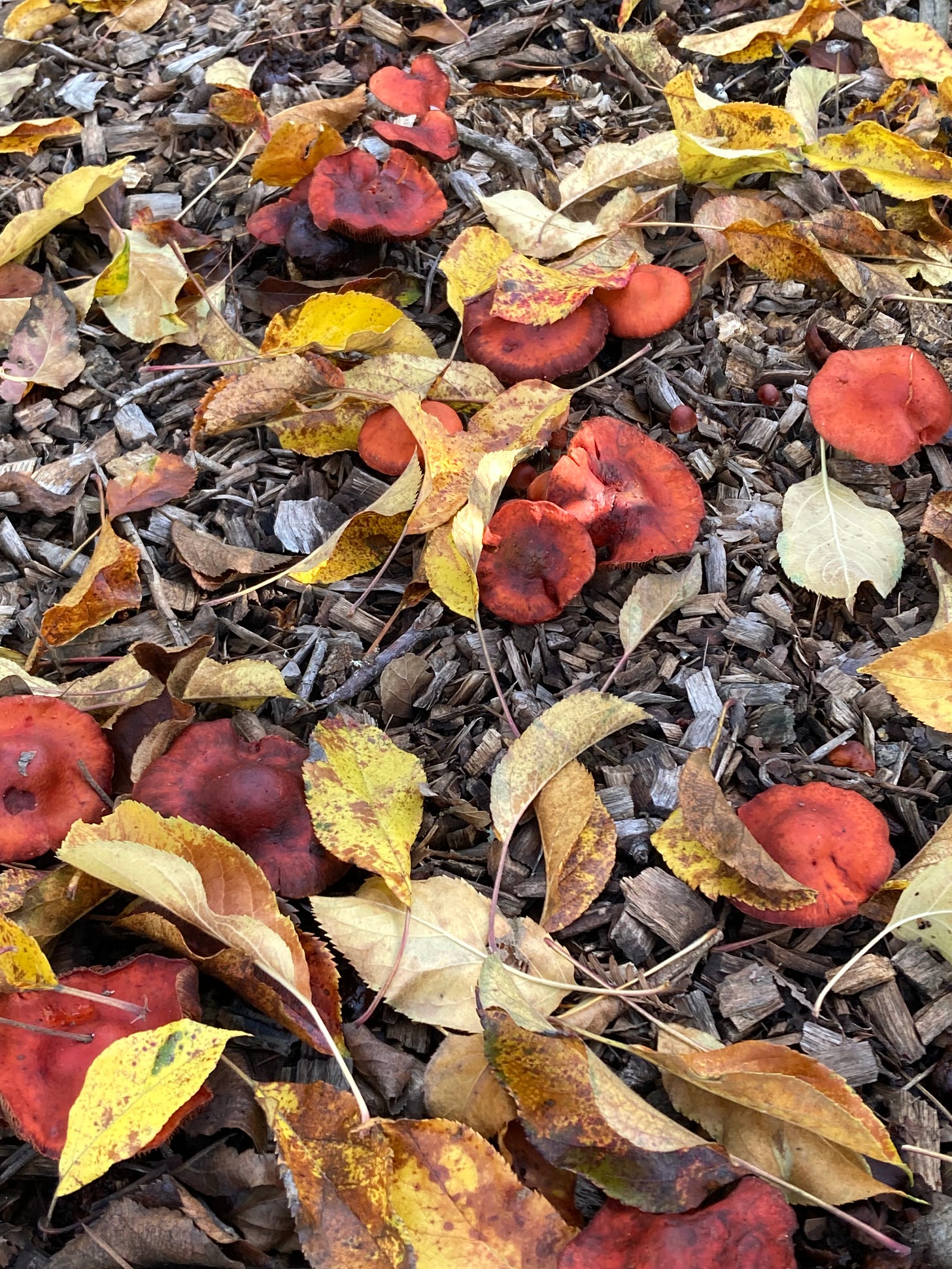The Benefits of Mindfulness Practice
In this issue:
· Insights Into Practices
· A Poem
· Half-day meditation retreat
· 3-Month Practice Period
Insights Into Practices: Love The Work
The historical Buddha names the benefits of mindfulness practices as including:
– sleeping well
– a brighter and clearer face
– able to concentrate more easily
– being well liked by others
– lightness in the heart upon waking
– clear mind, at the time of death
Pretty great benefits!
Love The Work is the practice of engaging with and loving the work of mindfulness as a way of seeing with greater clarity and letting go of a more limited worldview. A core practice is exploring greater self-awareness that paradoxically is a path of going beyond our sense of self. It means actively questioning what is, with an open-ended curiosity.
How to practice Love The Work:
- Love the work of meditation practice, cultivating awareness and presence.
- Love the work of mindfulness practice, of being more aware, clear, curious, and generous in all aspect of your life.
- Love the work of showing up fully, decisively, vulnerably, and authentically.
- Love the work of helping others.
- Love the work of feeling and exploring what is difficult, challenging, and painful as well as cultivating a mindset of wonder.

(Petrified waterfall in Oaxaca, Mexico)
Loving the work is to know there are many realities, many ways of being, beyond what we usually experience and to not be overly attached to our version of reality. We aspire to identify and transform our unspoken fears, blind spots, biases, and assumptions. The practice of loving the work requires courage. The courage to feel uncomfortable and exposed and to take action in the midst of these feelings.
What does the practice of Love The Work look like? Buddhism describes four practices, called the four immeasurables:
Loving kindness – caring with sincerity
Compassion – cultivating understanding and relieving other’s suffering
Joy – appreciating everything
Equanimity – inclusiveness, acceptance
Additional Practices
– Train yourself to reduce scanning for threats; learn to transform fears into possibilities.
– Practice being more satisfied with what you have and who are. Befriend the inner critic.
– Feel your connection to the human tribe and to all of live.
A Poem
The writer and poet Rainer Maria Rilke had a profound sense of his own suffering as well as a deep appreciation for life. Here is one of my favorite poems of his:
The Dark Hours of My Being
I love the dark hours of my being.
My mind deepens into them.
There I can find, as in old letters,
the days of my life, already lived,
and held like a legend, and understood.
Then the knowing comes: I can open
to another life that’s wide and timeless.
Half-day Meditation Retreat, Sunday, January 28th
In-person (Mill Valley) and online, 9:00 a.m. – 12:30 p.m.
This will be a gentle day of sitting and walking meditation, a short talk, and an open discussion. Register here.

3-Month Zen Practice Period, called Appreciating Your Life:
January 24th – April 10th
Wednesdays at 6:00 PM – 7:30 PM(PST)
Online
A 3-month Practice Period is a great way to begin or deepen your mindfulness and meditation practice, and cultivate ways for integrating that practice with your work and all parts of your life.
The theme for the Practice Period is Appreciating Your Life. This is the underlying theme of meditation practice and Zen practice generally seeing and feeling everything – the good, bad, ugly, beautiful – as a gift and an opportunity to learn, grown and engage. It’s the practice of feeling deeply, opening our hearts and minds with a mindset of appreciation, and of being of benefit, through our ability to see more clearly, to accept what is, and to work effectively with and for change.
Our primary reading for the practice period is Zen And The Art Of Saving The Planet, by Vietnamese Zen teacher Thich Nhat Hanh. This is an excellent primer on the non-dual teachings of Zen practice and how to apply them to family, relationships, leadership, work, and social and environmental responsibility.
Being part of a community that meets weekly is a powerful way to find more clarity and connection as we begin a New Year. Each week we will meditate together for 30 minutes. Then, I’ll give a short talk, unpacking ideas and practices from Zen And The Art Of Saving The Planet. We will engage in small group and large group discussions to practice and deepen the tools and themes discussed. Each week you will leave with an actionable insight, or a practice, and a suggested reading.
Weekly sessions will be recorded and made available in case you miss any sessions or want to revisit them.
